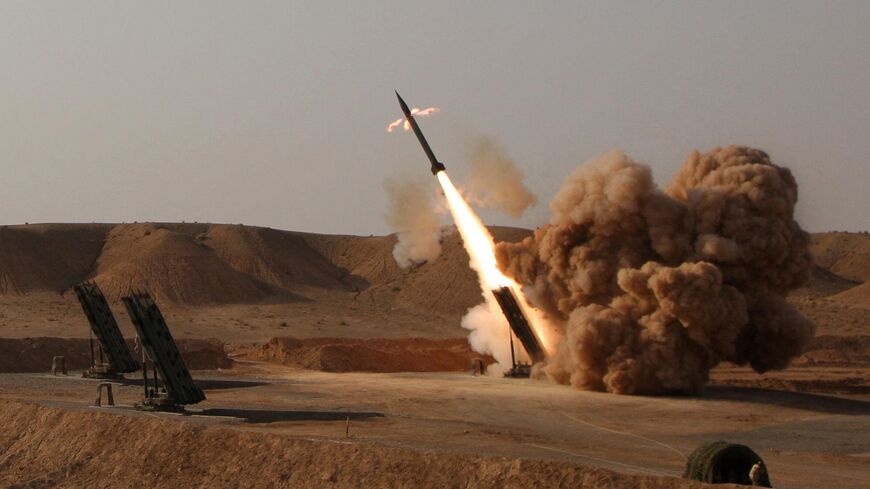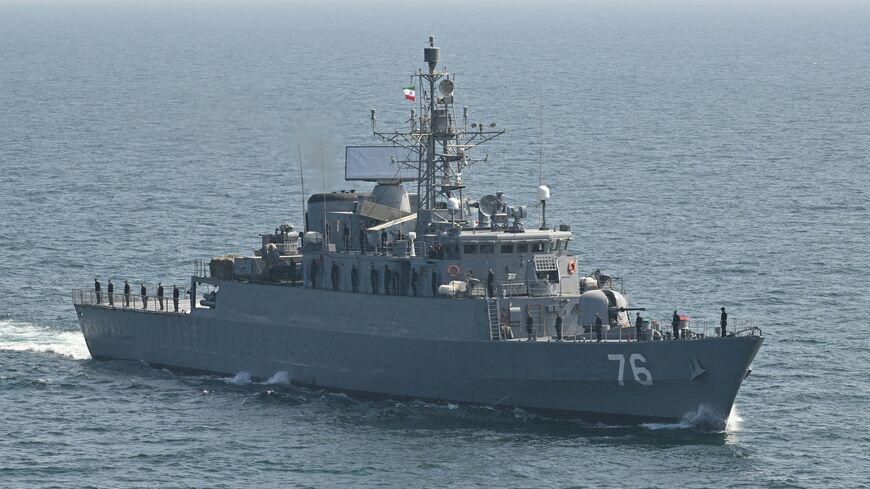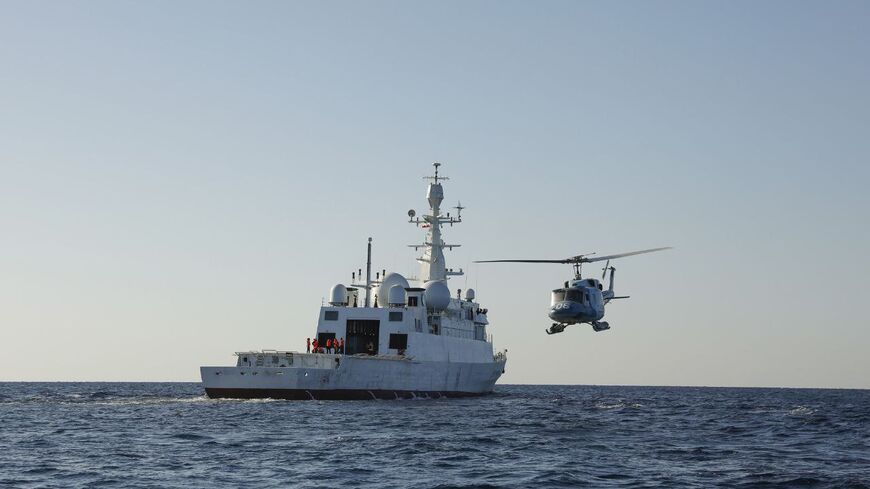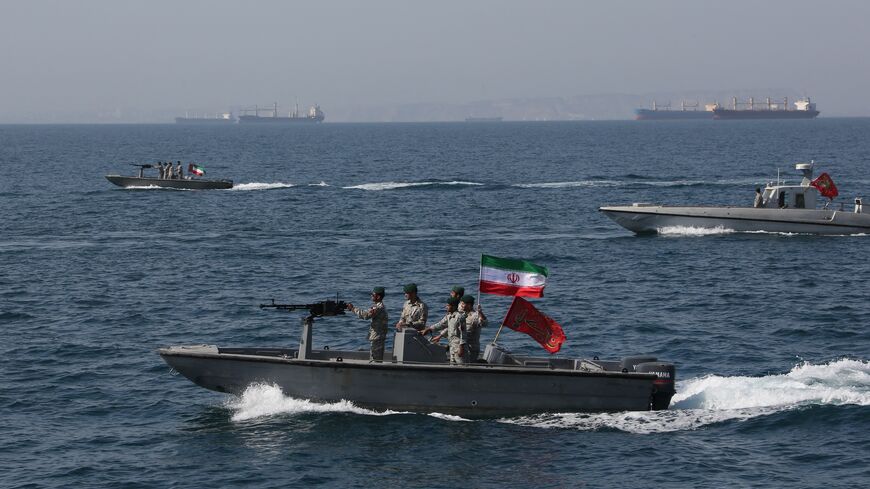Iran’s navy conducts drills in north as Israel, region brace for escalation
The drills come at a time of heightened tensions in the region, amid an expected Iranian attack against Israel over the killing of Hamas leader Ismail Haniyeh.
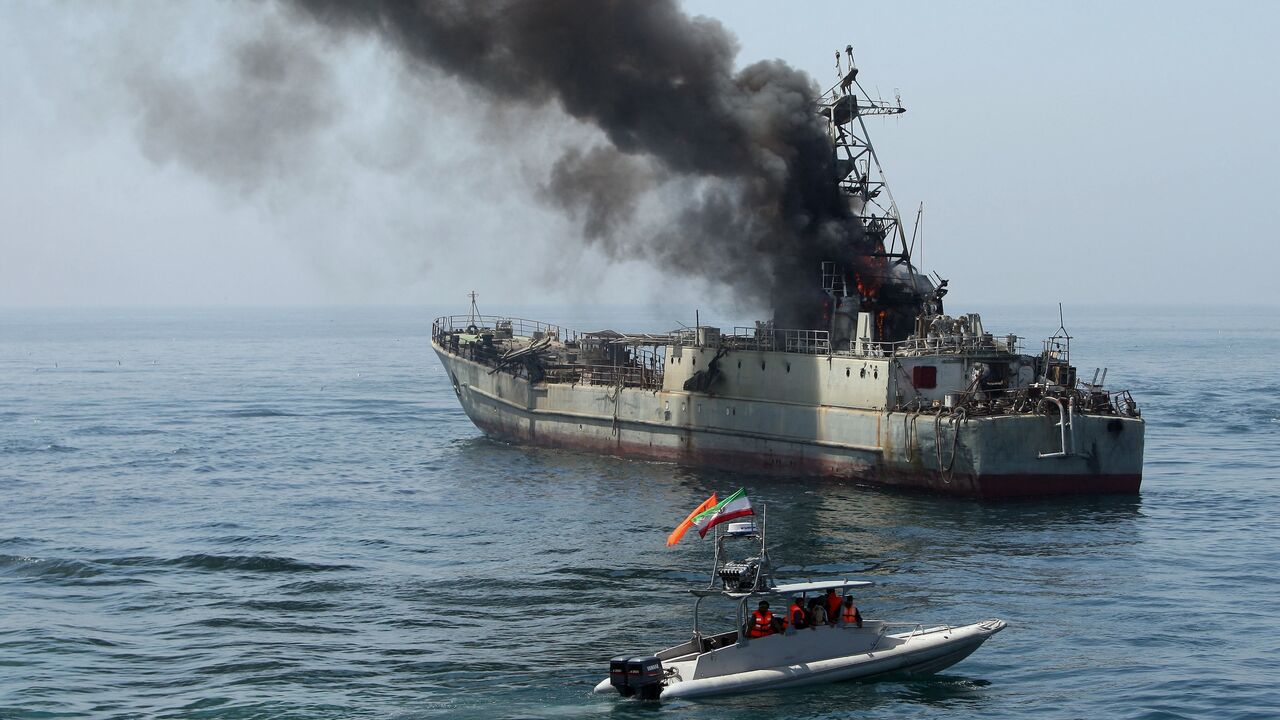
Iran’s navy carried out military drills in the north of the country on Tuesday, as the region braces for an expected Iranian military response against Israel for the assassination of Hamas leader Ismail Haniyeh.
The Iranian army’s naval forces conducted the drills in the Caspian Sea, off the coast of the town of Astara in the Gilan province, from 7:30 p.m. to 8:30 p.m. local time.
The drills aimed to “prepare as much as possible” the navy's forces, Iran’s semi-official Mehr News Agency cited Hamid Mousavi, the deputy governor of Astara, as having said.
“During the exercise, hypothetical targets will be attacked,” he added ahead of the exercises.
The drills were the second conducted by Iran in less than a week. Last Friday the country's Islamic Revolutionary Guard Corps (IRGC) began military drills in the western province of Kermanshah, close to the border with Iraq.
An armed official told the state-run IRNA news agency that the exercises, which concluded on Tuesday, were designed to “enhance combat readiness and vigilance.”
Tensions are running high in the Middle East following Haniyeh’s killing in a strike in Tehran on July 31. Iran and its proxies in the region have vowed a harsh response to the killing, which they attributed to Israel.
The threats have prompted a flurry of diplomacy to avoid an all-out war in the region.
But Iran on Tuesday rejected Western calls for restraint. In a statement carried by IRNA, Foreign Ministry spokesperson Nasser Kanaani said Iran does not need permission to defend its national security and sovereignty.
“Such rude requests lack political logic while they are also against international laws and principles,” he added.
Kanaani’s remarks came in response to a joint statement issued by the United Kingdom, France and Germany on Monday, in which they called on Iran to “refrain from attacks that would further escalate regional tensions.”
Iran and its proxies “will bear responsibility for actions that jeopardize this opportunity for peace and stability,” the three European countries further warned.



